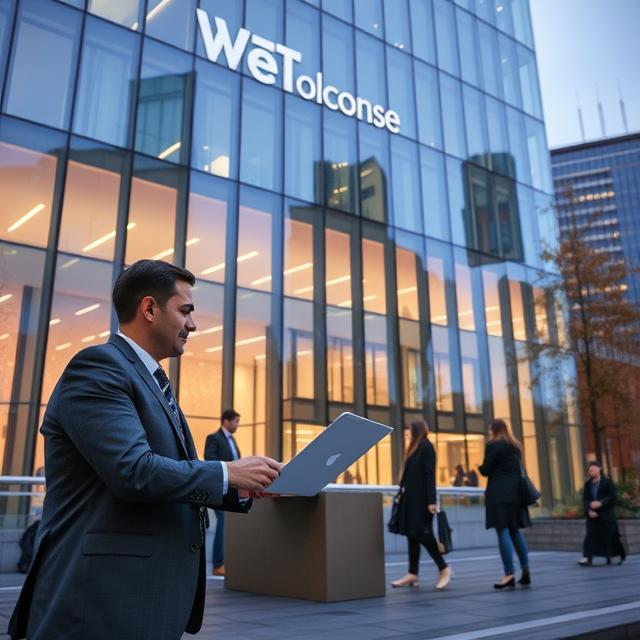Building a sustainable business model is essential for long-term success. In today’s rapidly changing world, businesses must not only focus on profitability but also consider the social and environmental impact of their operations. Entrepreneurs who adopt sustainable practices can differentiate themselves from competitors, attract conscientious consumers, and future-proof their businesses.
A sustainable business model is one that balances economic, environmental, and social goals. To create such a model, entrepreneurs must begin by aligning their core business values with sustainability. This could involve sourcing materials responsibly, reducing waste, and ensuring that products or services benefit both customers and the community. For example, a clothing brand could use eco-friendly fabrics, reduce packaging waste, and ensure fair labor practices throughout its supply chain.
One best practice for building a sustainable business model is to adopt a circular economy approach. In a circular economy, businesses focus on reducing waste and reusing resources, rather than following the traditional “take-make-dispose” model. This might involve designing products for longevity, creating take-back programs, or repurposing waste materials. Not only does this reduce the environmental footprint, but it can also lower costs and improve brand loyalty.
Another important element of sustainability is transparency. Consumers today are more informed and interested in the sustainability practices of the companies they support. Entrepreneurs who are transparent about their sourcing, manufacturing, and environmental impact can build stronger relationships with their customers. Regularly communicating sustainability efforts through marketing, reports, and certifications can enhance trust and brand reputation.
In addition to environmental sustainability, businesses must also consider social sustainability. This involves treating employees fairly, supporting local communities, and fostering diversity and inclusion. Entrepreneurs should invest in employee well-being, offer fair wages, and engage in corporate social responsibility initiatives to positively impact society.
In conclusion, building a sustainable business model is not just about reducing environmental impact—it’s about creating long-term value for customers, employees, and society. Entrepreneurs who embrace sustainability are likely to see a more loyal customer base, lower operating costs, and a more resilient business in the future.



Leave a Reply